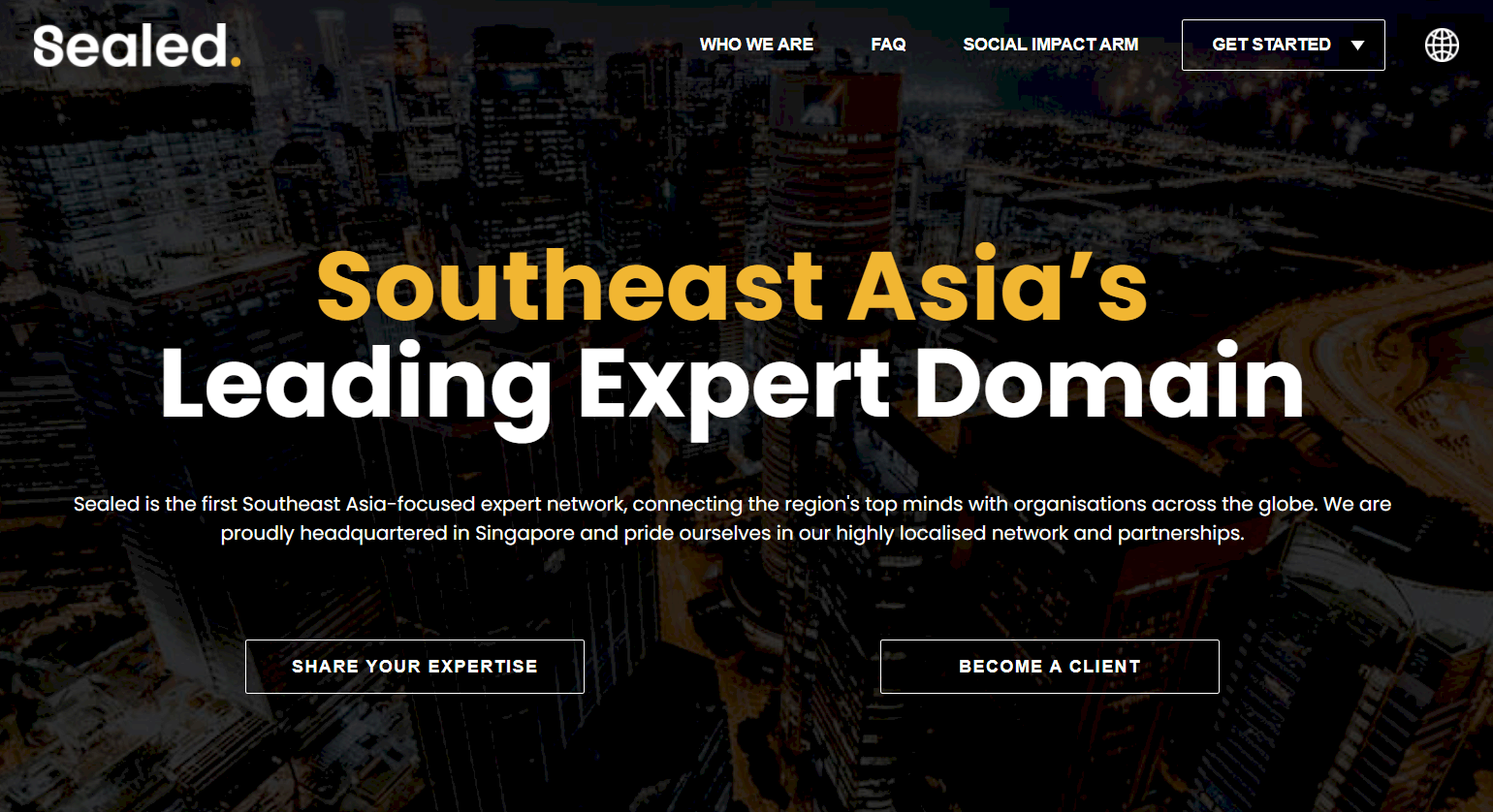According to Deloitte, the future of work is being shaped by two powerful forces: The growing adoption of artificial intelligence (AI) in the workplace, and the expansion of the workforce to include both on- and off-balance-sheet talent.
The former has been prevalent in many ways as companies look at applying AI across many facets of work.
From conversational assistant in screening candidates to applying AI to generating customised personalised learning journeys in Learning & Development (L&D), artificial intelligence is increasingly invading HR operations.
And there is the “off-balance-sheet talent”. Or better known as the gig workforce.
For many of us, the natural thought would be the private hire drivers and delivery riders. But it actually goes beyond that.
As the global economy changes, the gig economy has been growing rapidly.
According to a recent Mastercard report, the digital gig-economy generated ~USD 204 billion in revenue in 2018, or, for comparison, just over half (56%) of Malaysia’s economy in 2019.
The size of gig-economy transactions is projected to grow by a 17 per cent compound annual growth rate with a Gross Volume of ~USD 455 billion by 2023, or just over four-fifths (86%) of Thailand’s GDP in 2019.
Organisations are also turning to gig workers in the form of designers & developers, CTO and CFO as the gig economy continues to evolve into version 2.0.
What’s next for the gig economy?
And the space is still evolving as new functions continue to be gig-nified.
One of them is mentoring.
According to Association for Talent Development, mentoring is a reciprocal and collaborative at-will relationship that most often occurs between a senior and junior employee for the purpose of the mentee’s growth, learning, and career development.
Effective mentors often act as role models and sounding boards for their mentee and provide guidance to help them reach their goals.
Predominantly, the mentors are internal to an organization but this can prove challenging for one that may not have the required subject matter expertise.
A good mentor can help the mentee become more effective, learn new skills, develop greater confidence, and make better decisions.
Enabling critical business decision-making
Beyond providing mentorship, companies may also require external consultancy support when it comes to business decision making.
Perhaps you are considering expanding your FinTech into Hong Kong or contemplating acquiring a Bubble Tea chain in Indonesia.
There are many subject or domain matter experts you can speak with to provide better intel before signing on the dotted line.
They could be academics, c-levels, founders or high-level officials to provide valuable information, data or assistance.
But even knowing who these experts are can be challenging. Many of them may not even have a LinkedIn profile, to begin with.
The inception of the Expert Network aims to solve this problem.
What is an Expert Network?
An expert network is a platform where you can engage vetted subject-matter experts for 1:1 consultations on a variety of topics.
The calls are usually ad-hoc in nature and are expensive.
Individuals and businesses rely on expert networks when they need very specific answers to oftentimes very nuanced questions.
The investment industry, including hedge funds and mutual funds, is one of the biggest users of expert networks.
Investment companies seek out the insights of certain researchers and experts in an attempt to gain a competitive advantage.
But it isn’t something unique to just investment companies.
According to Sealed Network, a leading Expert Network in Southeast Asia, their experts are also sought after by current business executives to help them quickly acquire new knowledge, experience and valuable connections.
An expert network can help connect the buyers and sellers, benefitting both sides of the spectrums.
This is made possible due to the overlap of 3 key areas – democratised research, edtech and the Future of Work.
Expert Network is at the intersection of Future of Work, EdTech and Democratised Research
Democratised Research
With the rise of DIY platforms, companies can easily create surveys, capture videos, process social media and even run whole research projects via cloud-based services.
Combined with the rise of online panels delivering low-cost samples, this is leading to the democratisation of research.
Most of them will be done by people with limited training and background in the practice and theory of research.
EdTech
Edtech is the practice of pairing tech with traditional educational methods to enhance learning experiences. In the context of Expert Network, it pertains to the application of a technology layer to better connect customers’ demands with outsourced experts.
Future of Work
One aspect of the Future of Work is the expansion of the workforce to include gig talents.
Expert network enables the supply of such talents via outsourced experts.
Any engagement would work around their other commitments and also allows organisations to not overcommit in terms of time and expenses.
Many of these experts have their own businesses or full-time jobs.
Some of them may already be independent consultants with solid expertise in what they can deliver but suffer from the lack of exposure to their services.
Expert Gigs
As gig work continues to permeate across more aspects of functions and businesses, the extent to what a gig can be is only limited to our imagination.
This trend will also gain an uplift from the pandemic situation where one becomes more accustomed to getting resources outside of their organisation.




